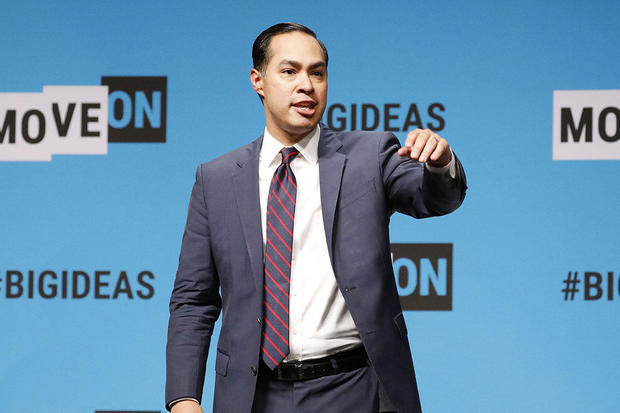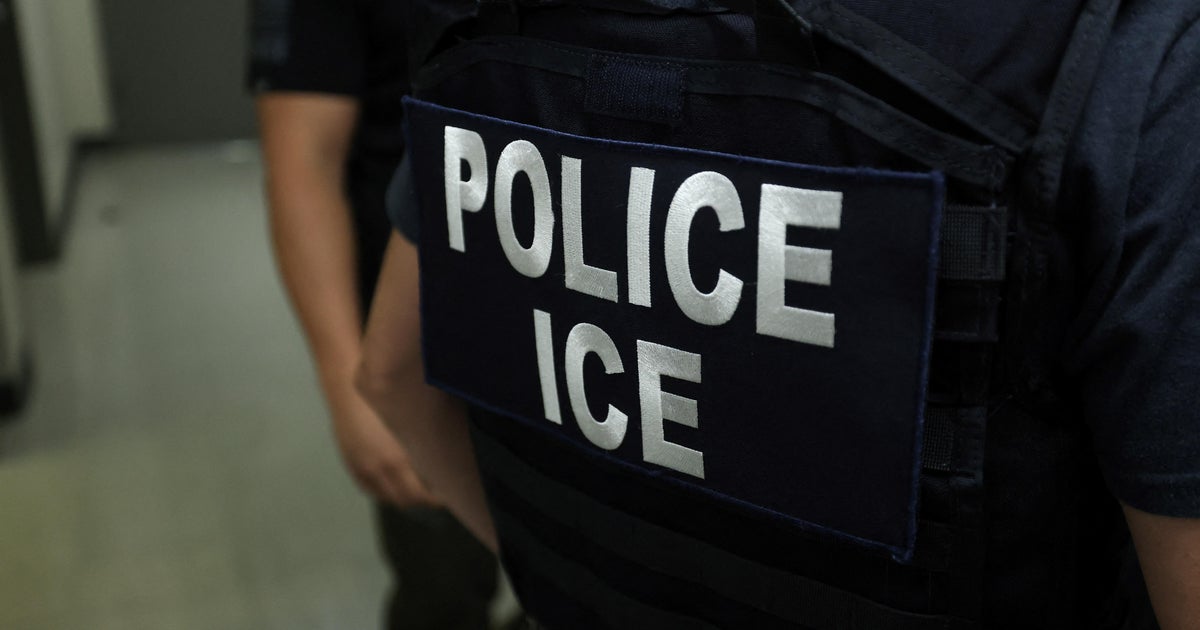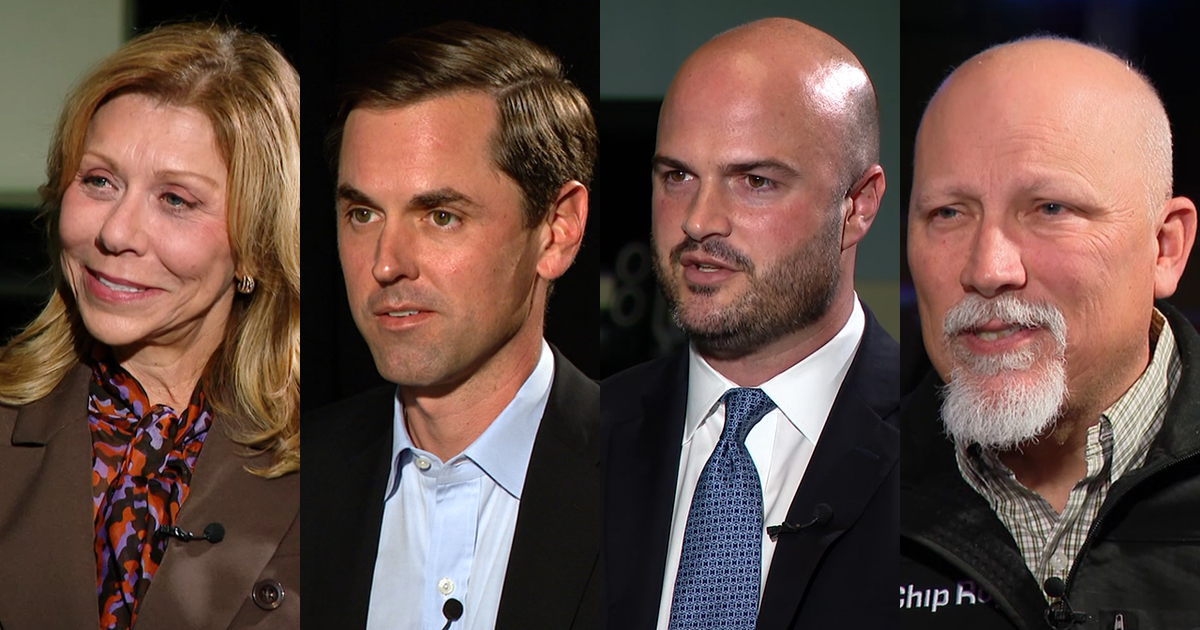Julián Castro unveils police reform plan
The relationship between police and the communities they serve is "frayed," says Democratic presidential candidate Julián Castro, and on Monday, he unveiled a proposal to mend it. His plan aims to increase accountability and transparency and end what he calls "over-aggressive" and "racially discriminatory" policing.
The former Housing and Urban Development secretary is proposing policing changes like restricting the use of deadly force; making officers responsible for intervening if they know of or see fellow officers using excessive force or engaging in inappropriate conduct; and requiring law enforcement to get written consent for consensual car searches.
Castro previewed the plan Saturday during his presentation at MoveOn's "Big Ideas" candidate forum in California. He spoke with CBS News political correspondent Ed O'Keefe about the details of the plan.
"We've seen video after video, incident after incident, of especially black men, who are gunned down and unarmed, at the hands of police officers," Castro told O'Keefe. "I know we have a lot of great officers, but it's not just a few bad apples. It's that the system is broken. I want to fix that system."
One major change to the system would be an executive order to demilitarize the police force. This would prohibit any federal funds granted to state and local government from buying high-caliber rifles, tracked and wheeled armored vehicles and other military weapons, vehicles and equipment. Castro says he would work with Congress to end to stop-and-frisk policies.
During a speech in Orlando, Florida at the International Association of Chiefs of Police in October 2018, President Trump touted the controversial stop-and-frisk policy as one that works — despite data from the American Civil Liberties Union (ACLU) of New York stating that the policies disproportionately targeted African American and Latino men.
"New York City had a very strong program of stop-and-frisk. And it went from an unacceptably dangerous city to one of the safest cities in the country." Mr. Trump said at the time. "It's got to be properly applied, but stop-and-frisk works."
Castro says he'll also work with Congress to lower the burden of proof to prosecute police officers for misconduct while investing in civilian oversight boards of local police departments. Castro is calling for stricter reporting requirements, which would require officers to report information "that covers any injury sustained as a result of a weapon discharge or arrest."
Castro is also calling for fundamental reforms in the school system, with a goal to "end the school-to-prison pipeline." This would include eliminating the use of police officers as disciplinary agents and also providing federal grants to promote "positive and supporting school climates and reforming disciplinary practices." In May, Castro addressed these same concerns in the rollout of his education plan.
He is also calling for increased funding for drug treatment and mental health support, as well as the establishment of partnerships between mental health units and first respondents. He's also suggesting alternative responses to 911 calls: "Support crisis intervention services would be equipped with medics, counselors, social workers and crisis workers as first responders rather than armed police officers."
Activist Samuel Sinyangwe, a cofounder of and data scientist for Campaign Zero, tells CBS News that Castro's plan builds on the policing work of the Obama Administration, saying that it "proposes a wide range of solutions that are proven to save lives and change policing outcomes."




